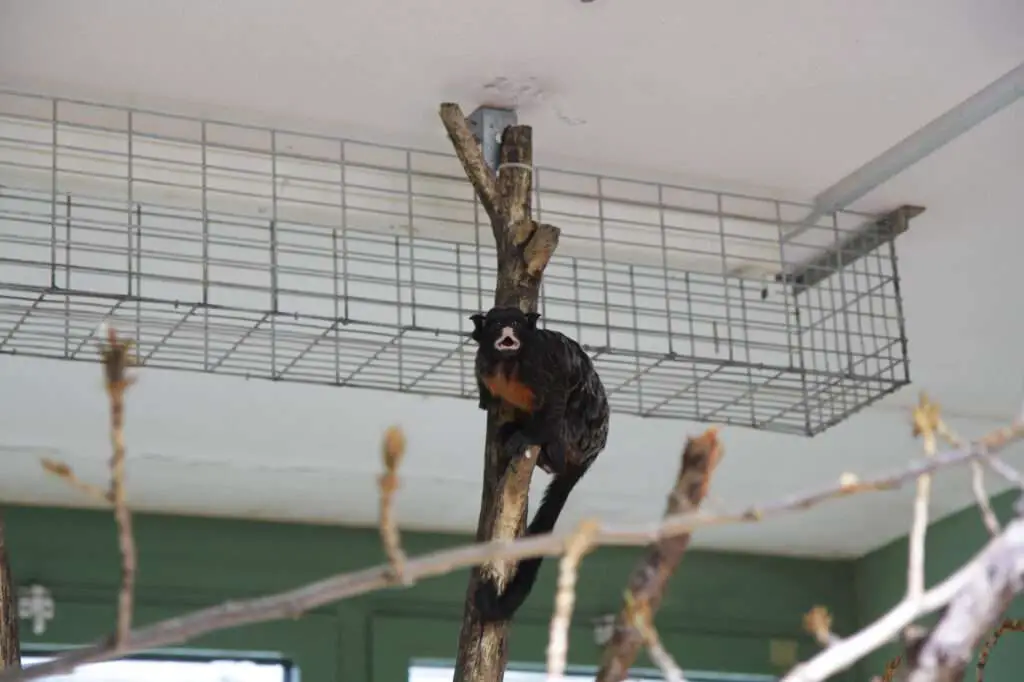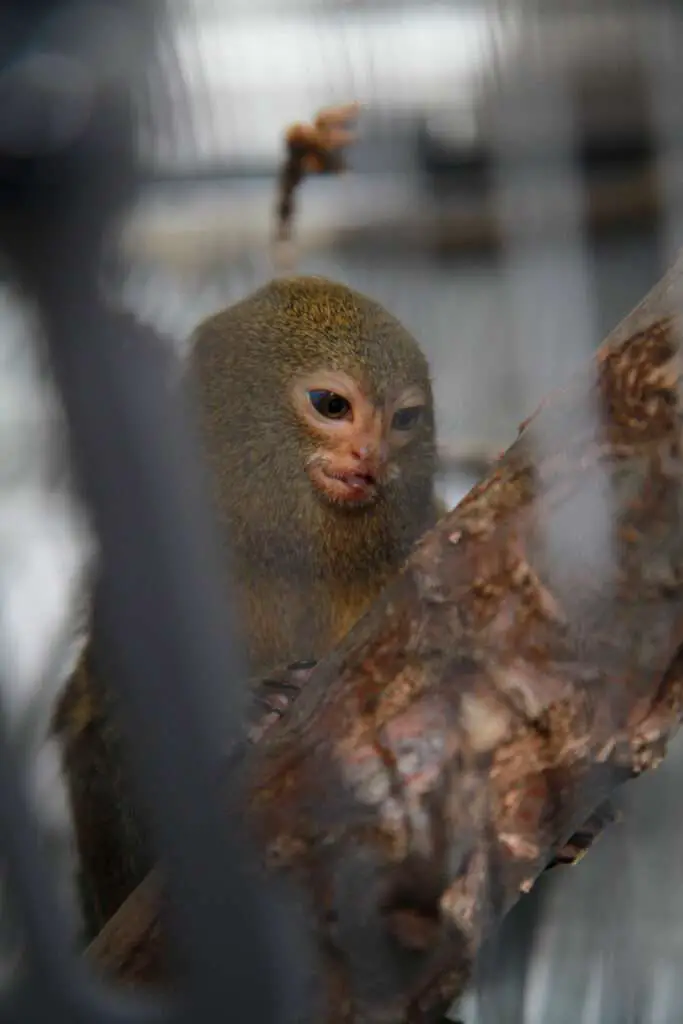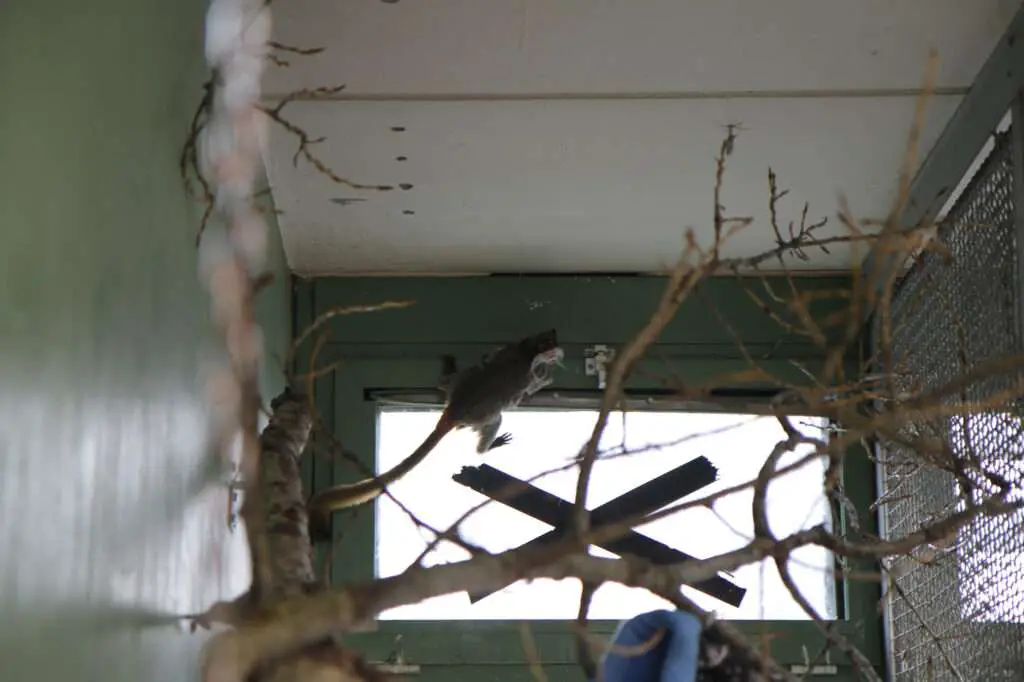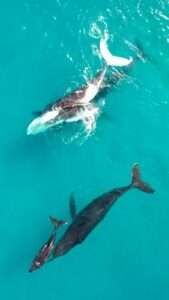Airport customs in Vienna have seized a shipment of 13 monkeys originating in the Czech Republic and destined for Malaysia.

The customs agents became suspicious after they found that only two of the animals had been chipped.
Newsflash obtained a statement from the Austrian Customs Office (BMF Zoll) on Sunday, 12th February, saying that they intercepted the shipment at Vienna Airport “with 13 protected monkeys”.
The Customs Office said: “The year 2023 began for the customs investigation at Vienna Airport with great success in species protection.
“As part of their export controls, the customs officers were able to prevent the further transport of 13 monkeys in mid-January, which – according to the CITES agreement, the EU regulation on trade in wild and vulnerable plants and animals – are considered endangered.
“The consignment with the small animals, which only weighed up to 140 grammes and are around 2-3 years old, was to be sent from the Czech Republic to Malaysia via Vienna.
“According to the official information, the reason for the animals’ journey was for breeding purposes. The monkeys should have been chipped for their cross-border journey.
“However, when trying to read this identification, the customs officials found that the chips were only present on 2 of the 13 animals.

“So the suspicion quickly arose that it was a matter of intentionally circumventing species protection regulations, which was substantiated on closer inspection.
“An offence against species protection is not a trivial offence, but a criminal offence that our authorities take very seriously and that we pursue vehemently.”
Finance Minister Magnus Brunner is quoted in the statement as saying: “With its important task of protecting species, our customs make a significant contribution to ensuring that we not only protect the environment for our children and their children, but also the diverse species that live on our planet.”
The head of the Austrian Customs Office, Heike Fetka-Blüthner, said: “Austria joined the CITES agreement in 1982 and customs are contributing to implementation with controls on goods traffic and travel. All confiscated monkeys fall under CITES Appendix B, which includes plant and animal species that are potentially endangered and must therefore be subject to controlled trade.”
The statement continued: “Two pygmy marmosets (Callithrix pygmaea) were microchipped, but had papers with wrong chip numbers. In eight other pygmy marmosets, two emperor tamarins and one red-bellied tamarin, no microchip could be found even on closer inspection.
“Aside from the monkeys’ lack of identification, the incorrect, if not forged, documentation accompanying the animals also suggested that this was a wildlife crime.

“Thanks to the Customs Office, the monkeys’ journey with an uncertain outcome came to a quick end and instead of in Malaysia, they found refuge in an animal shelter, where they can now happily live in safety in their monkey aviaries.
“Fiscal criminal proceedings were initiated as a result of the seizure. The offence is punishable by a fine of up to EUR 20,000 [GBP 17,720].”
While emperor tamarins (Saguinus imperator) and white-lipped tamarins (Saguinus labiatus), also known as red-bellied tamarins, are listed as species of ‘Least Concern’ on the International Union for Conservation of Nature’s (IUCN) Red List of Threatened Species, the Pygmy marmoset is listed as ‘Vulnerable’, with some subspecies listed as critically endangered.



